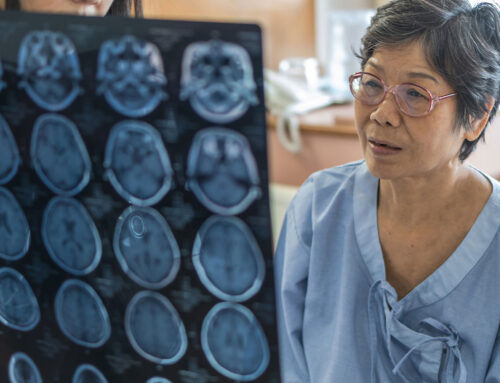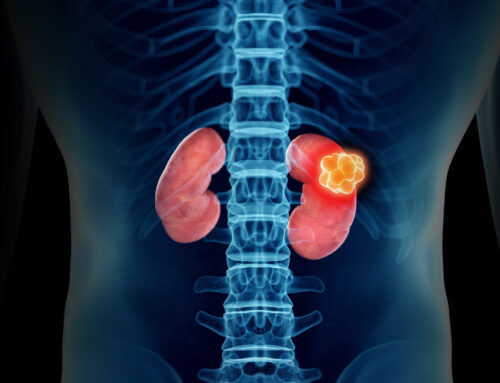September is a significant period for raising awareness about Alzheimer’s disease, as it is recognized globally as World Alzheimer’s Month. This month-long campaign is dedicated to promoting understanding, reducing stigma, and supporting those affected by Alzheimer’s and other forms of dementia. The theme for World Alzheimer’s Month 2024, “Time to Act on Dementia, Time to Act on Alzheimer’s,” calls for immediate and sustained efforts to address the challenges posed by this devastating condition.
But What Is Alzheimer’s Disease?
It is a chronic and progressive neurological disorder that affects millions around the world. It is the most common cause of dementia that results in memory loss, cognitive decline, and the inability to carry out simple tasks. The impact of Alzheimer’s extends beyond the patients themselves, profoundly affecting their families and caregivers who face the physical and emotional challenges of caring for their loved ones.
Why Is Alzheimer’s Awareness Relevant?
World Alzheimer’s Month, observed every September, is an excellent chance to educate broader audiences about Alzheimer’s disease, its symptoms, and how patients and their caregivers deal with their daily lives. It is also a time to confront the stigma and misconceptions surrounding the disease and to advocate for better care, research, and support systems. World Alzheimer’s Month includes Alzheimer’s Awareness Day, observed on September 21st, when the global community unites to amplify the conversation about Alzheimer’s and dementia.
The 2024 campaign theme emphasizes the urgency of taking action against dementia. With the global population aging, the number of people affected by Alzheimer’s is expected to rise significantly. The campaign urges governments, organizations, and individuals to take meaningful steps toward creating a more dementia-friendly society.

Hospice Care for Alzheimer’s Patients
One of the most critical aspects of this month’s awareness is recognizing the importance of hospice care for Alzheimer’s patients. As the disease reaches its advanced stages, patients require more specialized care that focuses on their comfort, dignity, and quality of life. Hospice care provides a compassionate approach to managing the symptoms of Alzheimer’s, offering relief from pain and emotional support to both patients and their families.
Hospice care is particularly beneficial for Alzheimer’s patients as it adapts to their unique needs. The care team, including doctors, nurses, social workers, and chaplains, works collaboratively to address the emotional, physical, and spiritual needs of everyone involved. This comprehensive care model is designed to enhance the patient’s quality of life and provide much-needed support to caregivers often overwhelmed by caregiving demands.
The Growing Importance of Caregivers
Caregivers who offer daily assistance, emotional support, and companionship are indispensable in the lives of Alzheimer’s patients. World Alzheimer’s Month 2024 acknowledges their importance by recognizing and supporting them. Caregivers often face significant challenges, including stress, burnout, and mental health issues.
At Ascend Hospice Care, we encourage caregivers to prioritize their own well-being, seeking support from our services and other resources designed to help them. It is essential to raise awareness about caregivers’ struggles and advocate for better resources and support systems to aid them in their caregiving journey.
Understanding the Dementia FAST Scale
Healthcare professionals use various tools to assess the progression of several forms of dementia, including Alzheimer’s disease. One such tool is the Dementia FAST (Functional Assessment Staging Tool) scale, which is instrumental in determining the stage of dementia and planning appropriate care.
The FAST scale includes seven stages:
- 1No functional or cognitive impairment
- 2Early functional changes
- 3Mild functional losses
- 4Moderate functional losses
- 5Moderately severe functional losses
- 6Severely impaired functional abilities
- 7Total dependence
Understanding the patient’s stage is crucial for designing care plans that meet their specific needs. Hospice care teams use the FAST scale to guarantee that the care provided aligns with the patient’s current condition, enhancing their comfort and quality of life during the later stages of the disease.

Time to Act on Dementia, Time to Act on Alzheimer’s
This 2024 campaign theme highlights the pressing need to address the challenges posed by dementia at a global level. The campaign aims to shift societal attitudes toward dementia, reduce stigma, and promote the development of dementia-friendly communities. It also focuses on the positive actions organizations, governments, and individuals are taking to improve the lives of anyone affected by Alzheimer’s disease.
Throughout September, various events, activities, and educational programs will be organized worldwide to raise awareness about Alzheimer’s. These initiatives will encourage people to learn more about the disease, support patients and families, and advocate for policies that enhance care and research.
How You Can Make a Difference
World Alzheimer’s Month is a call to action for everyone. Whether you are a healthcare professional, a caregiver, or simply a concerned individual, you can contribute to the cause in many ways. Here are some ideas:
At Ascend Hospice Care, we will join the fight against Alzheimer’s disease. This 2024 observance calls on all of us to take meaningful action to support those affected by this condition. By raising awareness, promoting understanding, and advocating for better care, we can make a significant difference in the lives of Alzheimer’s patients and their families.
At Ascend Hospice Care, we are committed to providing compassionate and personalized hospice care for Alzheimer’s patients, ensuring they receive the dignity, respect, and comfort they deserve.




